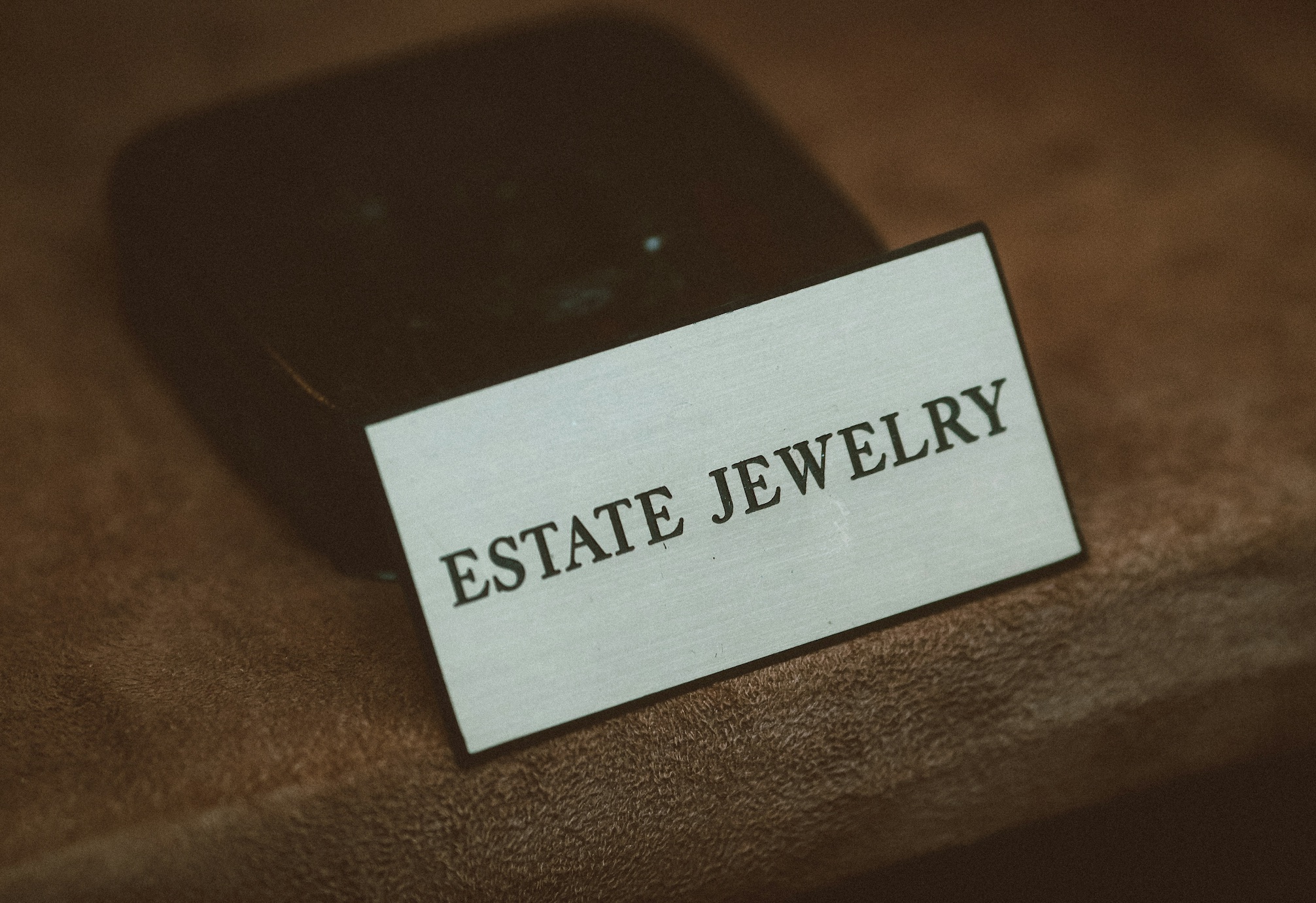Selling Estate Jewelry Regulations in the United States: A Complete Guide

Selling Estate Jewelry Regulations in the United States: A Complete Guide
Estate jewelry, defined as pre-owned pieces often characterised by historical significance or fine craftsmanship, holds substantial value both financially and sentimentally. Whether you're a jeweler, an estate executor, or an individual looking to sell estate jewelry, understanding the regulations surrounding the sale of estate jewelry in the United States is crucial. This comprehensive guide outlines the essential aspects of these regulations, ensuring a smooth, legal, and profitable transaction.Understanding Estate JewelryEstate jewelry encompasses any jewelry that has been previously owned. This includes antique pieces (over 100 years old), vintage items (at least 20-30 years old), and contemporary pre-owned jewelry. These categories are essential for both valuation and regulatory purposes.Federal Regulations1. Federal Trade Commission (FTC) GuidelinesThe FTC oversees consumer protection and ensures fair business practices. Key regulations impacting estate jewelry sales include:
Truth in Advertising: Sellers must accurately describe the jewelry. Misrepresentations about the item's age, condition, origin, or authenticity can result in severe penalties.
Hallmarking and Stamping: All jewelry sold must be appropriately hallmarked or stamped to indicate metal content (e.g., 14k for 14-karat gold). Misleading marks are illegal.
Customer Identification Program (CIP): Verifying the identity of buyers.
Suspicious Activity Reports (SARs): Filing reports for transactions that appear suspicious or unusual.
Record Keeping: Maintaining detailed records of transactions for at least five years.
Secondhand Dealer's License: Required for selling pre-owned items.
Precious Metals Dealer's License: Needed if the business involves buying and selling gold, silver, or other precious metals.
Transaction Records: Documentation of all sales, including descriptions, prices, and buyer information.
Reporting Sales: Some states require reporting sales to local law enforcement to prevent trafficking in stolen goods.
Return and Refund Policies: Clearly stated policies on returns and refunds.
Disclosure Requirements: Full disclosure of the jewelry’s condition, history, and any modifications or repairs.
 Woman in white dress and green shawl wearing multiple rings; image by Brooke Cagle, via Unsplash.com.
Woman in white dress and green shawl wearing multiple rings; image by Brooke Cagle, via Unsplash.com.
Certified Appraisers: Obtain appraisals from certified professionals to ensure accuracy and reliability.
Detailed Reports: Provide detailed appraisal reports, including photographs, descriptions, and the methodology used.
Full Disclosure: Be transparent about the jewelry’s history, condition, and any known flaws or repairs.
Fair Pricing: Price items fairly based on market value and condition.
eBay, Etsy, and Ruby Lane: Popular for reaching a broad audience. Ensure compliance with the platform’s policies and guidelines.
Specialized Jewelry Websites: Websites like 1stdibs and The RealReal offer targeted audiences but may have stricter listing requirements.
Local and National Auction Houses: Such as Sotheby’s or Christie’s, which provide a platform for high-value items. Understand the auction house’s policies and consignment agreements.
Jewelry Stores: Consignment or direct sale to local jewelers.
Pawn Shops: While an option, often results in lower returns compared to other methods.

About Rebecca S.
Rebecca is a cannabis and health industry consultant who frequently writes about the latest trends in the industry with only one motive that is to create awareness about healthy living. She has been writing for a long time now and is becoming a recognized name in the cannabis industry.
